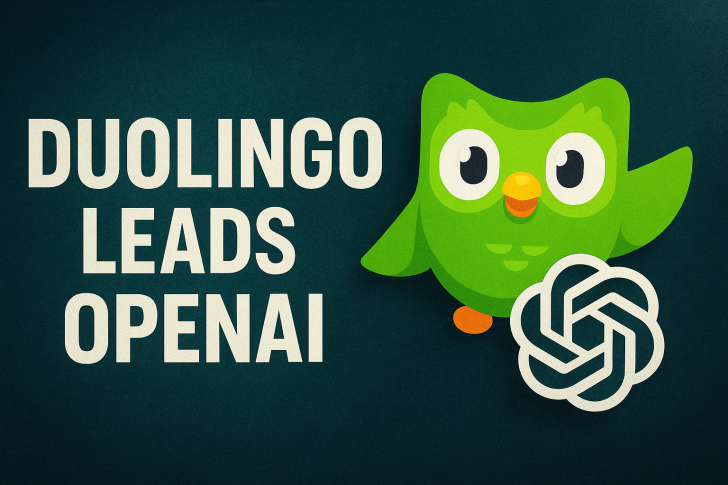The list places Duolingo firmly at number one, revealing just how extensively the popular language-learning app has woven artificial intelligence into its core operations. This positioning offers a window into both Duolingo's product strategy and the broader shift toward AI-powered consumer applications.
Token Consumption as a Proxy for AI Dependency
A recent social media post by AI commentator Wall St Engine brought attention to leaked data allegedly showing OpenAI's top 30 customers ranked by token consumption. In the context of large language models, tokens are small chunks of text that systems process during operations. Higher token usage generally means more frequent or complex interactions with AI infrastructure. Duolingo's top ranking suggests the platform relies heavily on OpenAI's technology to power features like conversational roleplay, real-time grammar corrections, and adaptive lesson planning. For a service reaching hundreds of millions of learners globally, this kind of AI-driven personalization would naturally demand substantial computational resources. The scale aligns with Duolingo's known emphasis on making education both individualized and accessible without the traditional costs of human tutoring.
What It Signals for OpenAI and the Market
From OpenAI's perspective, this data demonstrates strong commercial traction with major platforms. As companies like Duolingo deepen their AI integration, token consumption grows, potentially translating to higher recurring revenue for OpenAI. However, unofficial leaks like this raise questions about data transparency and competitive intelligence. When usage patterns become public, it can shift how companies approach partnerships, pricing negotiations, and strategic planning across the industry.
Looking ahead, Duolingo's reliance on AI likely foreshadows what's coming for other consumer-facing sectors. Platforms in finance, healthcare, and e-commerce are already exploring similar paths, where generative AI moves from experimental feature to operational necessity. For investors and analysts, the takeaway is straightforward: AI adoption is accelerating faster than many projected, and companies that manage token efficiency while maintaining innovation will likely lead the next wave of growth. The race isn't just about adopting AI anymore—it's about doing so sustainably and strategically at scale.
 Saad Ullah
Saad Ullah

 Saad Ullah
Saad Ullah


